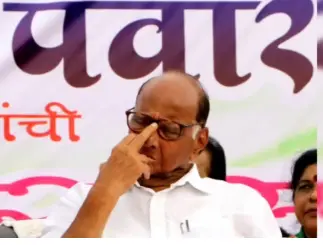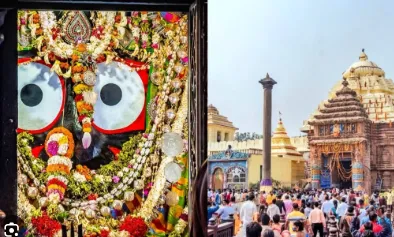

Bhubaneswar, March 4:The Shree Jagannath Temple Administration (SJTA) in Puri has announced that the temple will be closed to devotees for four hours on Thursday, March 5, due to a special ritual known as ‘Banakalagi.’
According to a public notice released by the SJTA, the temple darshan will be unavailable from 6:00 PM to 10:00 PM on the specified day.
Banakalagi is a sacred and exclusive ceremony in which the faces of the Holy Trinity—Lord Jagannath, Lord Balabhadra, and Devi Subhadra—are freshly painted as part of the ritual.